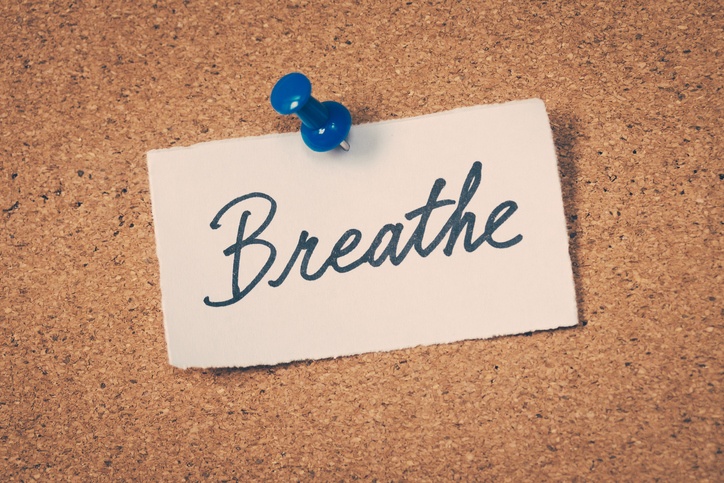5 Simple Ways to Stay Calm as a Physician

There is a growing awareness of the extraordinary stress levels facing practicing physicians in the United States. As noted by US News, doctors are fifteen times more likely to burn out than professionals in other fields. Furthermore, almost half of all primary care physicians report a desire to quit their job. To address this problem, medical practitioners must work on managing their stress, especially in emergency situations, in order to avoid burnout. Accordingly, it is essential for medical practitioners to know several key ways to stay calm under pressure.
Stay Positive
Physicians face some extremely stressful situations, but one key way to cope is to consider each situation in context. According to Entrepreneur, instead of forcing yourself to overcome anxiety, you should approach each issue as a challenge or opportunity to grow. Finding your calm should be the effect rather than the strategy, as focusing on how things could go right will help you balance and channel your emotions into more productive behavior.
Rehearse Your Actions
One of the most beneficial ways to stay calm is to rehearse for stressful situations. Visualizing potential complications for surgeries and other procedures, along with your responses to them, will help you prepare for real-life problems. For example, physicians should memorize the initial steps for dealing with different emergencies so that they can quickly take control of such situations. They should also familiarize themselves with how to stay calm in order to avoid making emergencies even worse.
Take a Deep Breath
Panicking is often our first response to stress, but physicians should assess their emotions for the source of anxiety. You can then work out whether and how to mitigate potential damage, even as taking action itself helps you cope with stress. One of the most important ways to stay calm is to nurture mindfulness. As Greater Good in Action has shown, mindful breathing, in particular, will not only shift your focus to your body but also calm your nervous system and prepare you for what comes next.
Manage Conflict
After balancing your own emotions, you should focus on clear communication. In particular, staying calm and de-escalating tense situations go hand-in-hand.
- You should start by managing your own emotions.
- Then, speak politely in a soft, non-threatening tone.
- Use non-confrontational language like “I” statements.
- Listen carefully, and re-state and clarify what you hear.
Throughout, set aside your own negative emotions, and focus instead on learning more about others’ perspectives. These tips are especially true for conflict in the physician-patient relationship.
Prioritize Tasks
In emergency situations, addressing the most urgent needs first is essential. Even experienced professionals can get distracted by certain injuries, but the most important tasks are often less obvious. You can only do one thing at a time, so recognize more and less urgent tasks to avoid getting flustered. Even scheduling your personal life can improve your resiliency as a medical professional and accordant ability to adapt to and bounce back from the stress of the clinical environment.
Although staying calm under pressure is utterly essential for medical professionals, we often forget the amount of stress we are under until it feels impossible to manage. At that point, even small amounts of stress can overwhelm an overtaxed person, medical professional or no. However, setting a regular relaxation routine can prevent the chain reaction of health problems that result from stress. You can use the above ways to stay calm to help avoid that burnout – and to preserve your ability to take charge in emergency situations.
—
Would you like to read more of our blogs? Subscribe!
![]()
Comments are closed.



Recent Comments